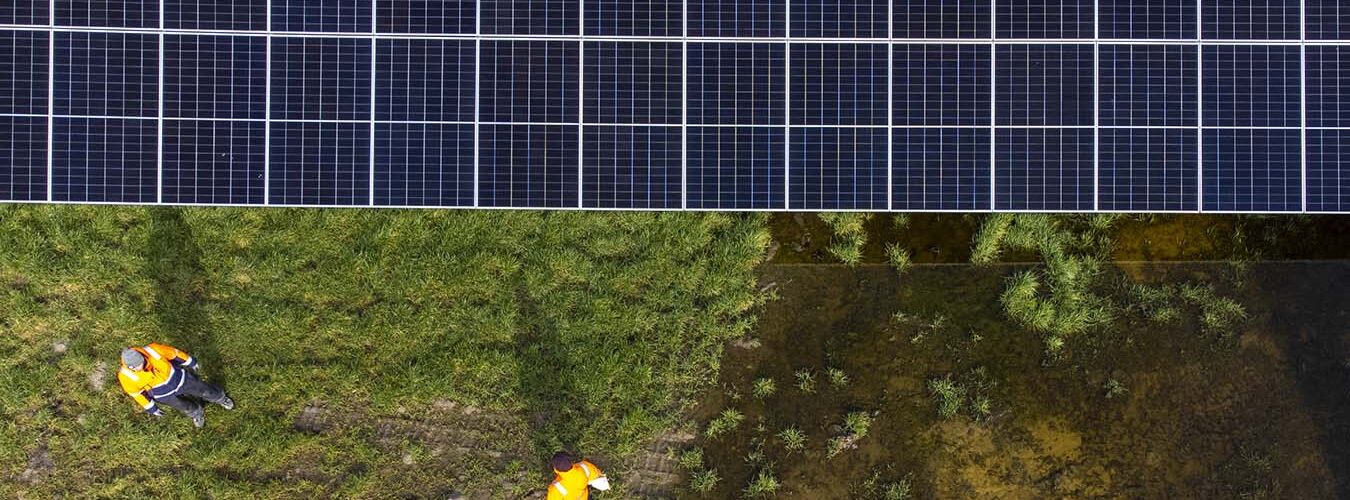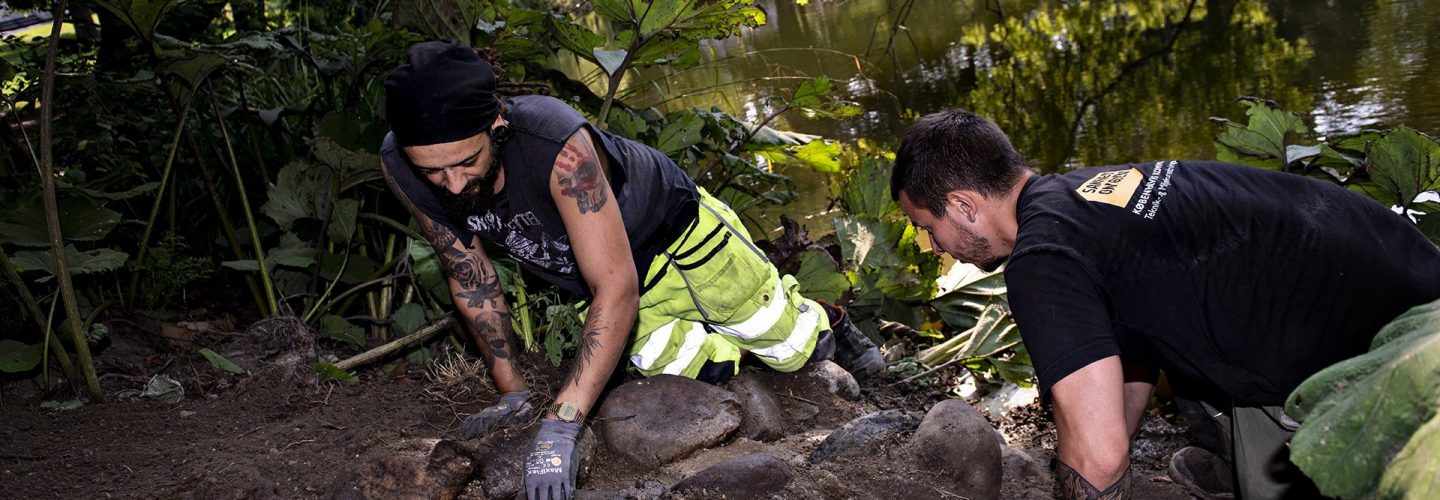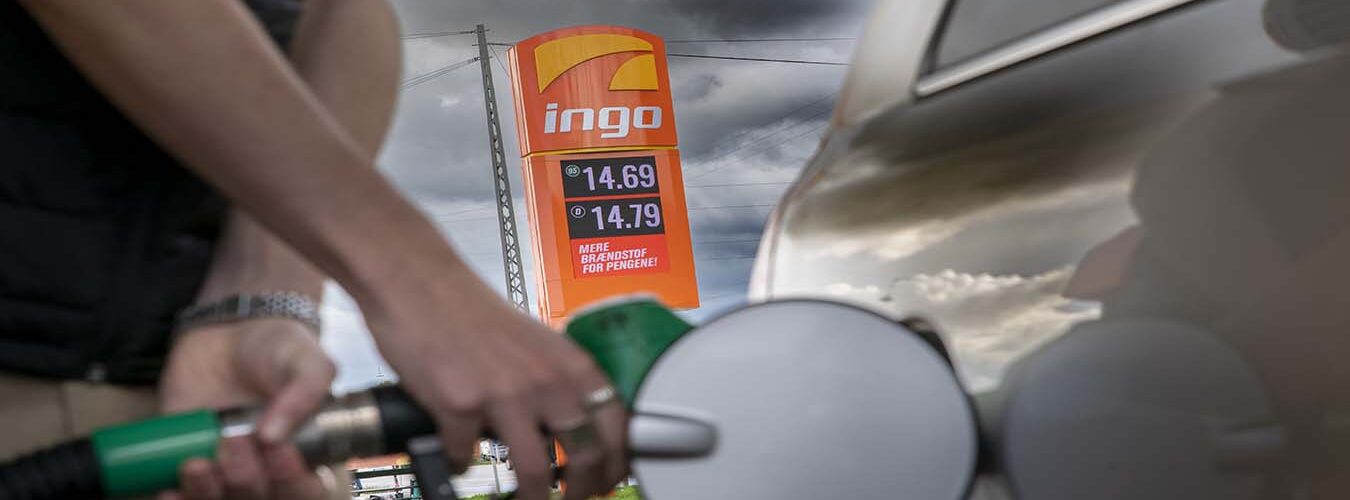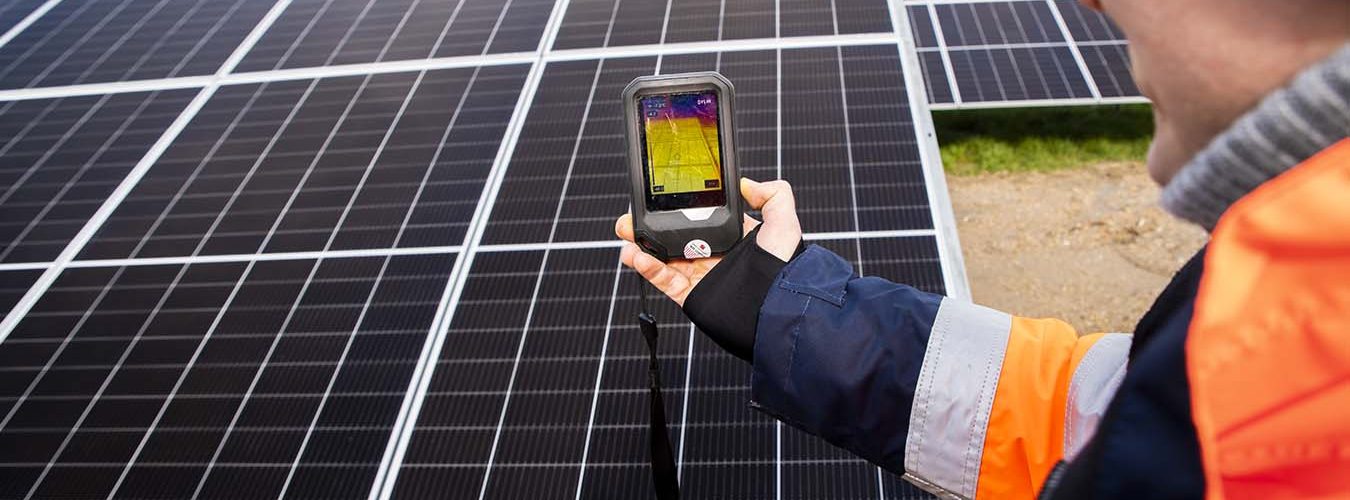A report from the Danish Metal Workers’ Union (2021) shows how an efficient carbon capture and storage strategy will both help the climate and create and preserve many workplaces in the North Sea.
“One major objective for a just transition is the creation of more, good jobs to meet with the phase-out and changes in today’s job functions, securing solutions for the workers that are affected by green initiatives.” says Bente Sorgenfrey, Vice President, Danish Trade Union Confederation.
One major objective for a just transition is the creation of more, good jobs to meet with the phase-out and changes in today’s job functions, securing solutions for the workers that are affected by green initiatives
In the report the Danish Metal Workers’ Union promotes potentials for preserving Danish workplaces in the North Sea despite the closing down of oil and gas production.
If empty oil and gas fields are converted to installations for CCS, Denmark could be one big step closer to reaching its climate goals for 2030, and preserve 3290 workplaces.
Paving the way for 2030-targets
In 2020, the Danish Parliament passed an ambitious climate law. The aim is to reduce the greenhouse gas emissions by 70 percent by 2030, compared to 1990 levels. Part of the plan is also to reduce a decisive share of the emissions by CCS.
At the same time, Denmark has decided to stop oil and gas production by 2050. Danish oil and gas production in the North Sea has taken place since 1972, and has therefore established a broad variety of jobs both at land and at sea, many of which could soon be facing phase-outs due to the green transition.
Producing green solutions and green jobs
In practice, there is a big mergence between the tasks that are executed at an oil and gas platform and the tasks needed to store, secure and maintain CO2 in the ground. The oil and gas fields in the North Sea will be able to be reused with few modifications.
Converting fields that are no longer used for oil and gas to CCS-installations enables us to preserve and take advantage of the knowledge and competences in occupations, while at the same time preserving decent jobs – killing two birds with one stone.
Literature:
Dansk Metal. (2021, 4. October). Potentiale for over 3000 arbejdspladser på Nordsøen. Via Ritzau.
Retrieved from https://via.ritzau.dk/pressemeddelelse/potentiale-for-over-3000-arbejdspladser-pa-nordsoen?publisherId=90398&releaseId=13632700
Dansk Metal. (2021, September). Fastholdelse af arbejdskraft i Nordsøen ved etablering af CCS-anlæg. Retrieved from https://via.ritzau.dk/data/attachments/00445/1b63bc55-a7cd-4db9-8f7c-569356270d95.pdf





